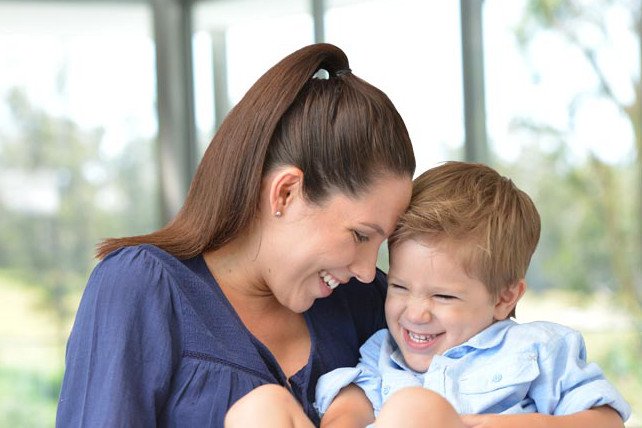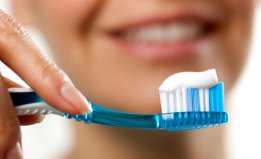Building a strong relationship with your child’s dentist is one of the best things you can do to ensure top dental health for years to come. Ideally, this means that you will have settled on a trustworthy family dentist within six months of their first tooth appearing or by their first birthday.
Finding a dentist that understands the dental and emotional needs of children is vital, as they can be wildly different from those of adults.
What to expect on your first visit
Your child’s first dental appointment does not usually involve any treatment but allows them to meet their new dentist in a safe and comforting setting.
If a child is nervous during their first visit, the parent(s) may be asked to accompany them during the initial exam. Alternatively, they may be asked to step out of the room so that a rapport can be established between child and dentist.
What do early childhood screenings involve?
Typically, a dentist will carry out the following:
- An assessment of the way in which your child’s teeth are erupting and growing
- A brief conversation with the parent about how to adequately care for a child’s growing teeth and gums
- A dietary advice session about the kinds of foods and beverages that promote healthy teeth
- Come up with an individualised dental health plan that will help prevent tooth decay and gum disease
- Education surrounding dental emergencies and key contacts
What should parents do to keep their child’s teeth healthy?
There are a number of important measures parents should take to keep their children’s teeth gleaming and healthy. These include:
- Filling bedtime bottles with water only. Taking naps or sleeping alongside milk or fruit juice can quickly lead to tooth decay
- Weaning children from bottles as soon as they turn one. After this time, they should primarily be drinking from cups
- Discourage thumb sucking. After the age of two, frequent thumb sucking can alter the way in which teeth grow in, creating problems with a child’s bite or producing crooked teeth. Fortunately, dentists are usually able to offer advice on fixing this issue
- Avoid coating pacifiers with sugary substances
- Keep fruit juice and sugar-laden snacks to a minimum
- Ensure that your child is using the correct size toothbrush and that they only use a pea-sized blob of toothpaste during every brushing session
- Clean your child’s gums while their teeth are erupting
- Supervise brushing and flossing sessions up until the age of around 8
- Ensure your children are receiving an adequate amount of fluoride. Your dentist can help with this issue
- Avoid using your own mouth to clean utensils or pacifiers. Bacteria can easily be passed to children.
How will I pay for my child’s treatment
All children between the ages of two and 18 in Australia may be entitled to basic dental care via the public system, depending on their family circumstances. This means-tested dental care is available through the Child Dental Benefits Schedule (CDBS). Check your child’s eligibility by heading to the website of the Department of Human Services.
Basic dental services cover examinations, cleaning, X-rays, fissure sealing, root canals, fillings, and extractions. Costs are capped at $1,000 per child across two consecutive calendar years.






